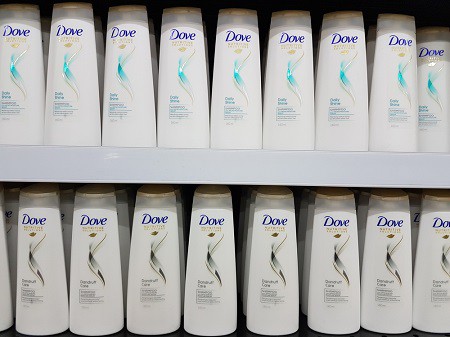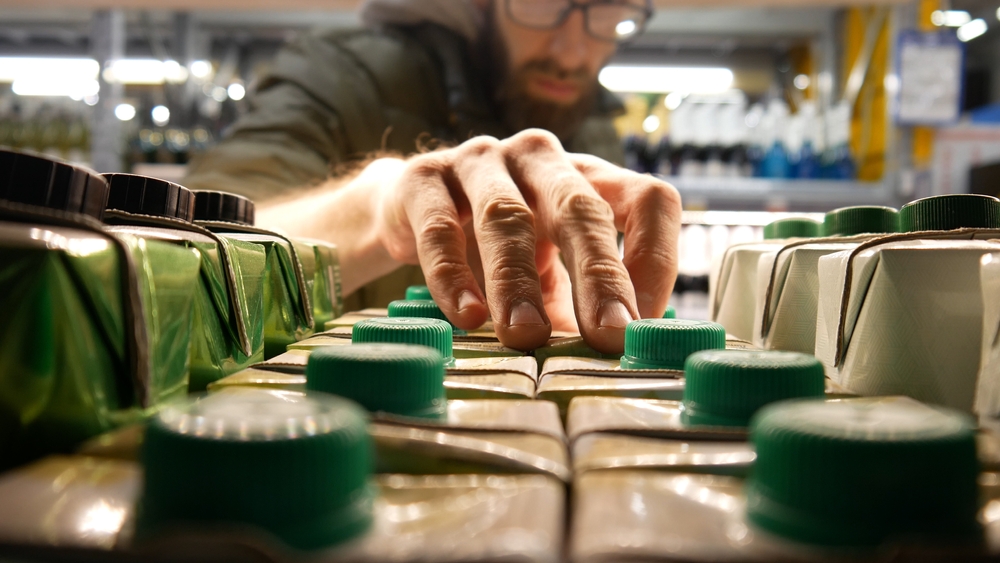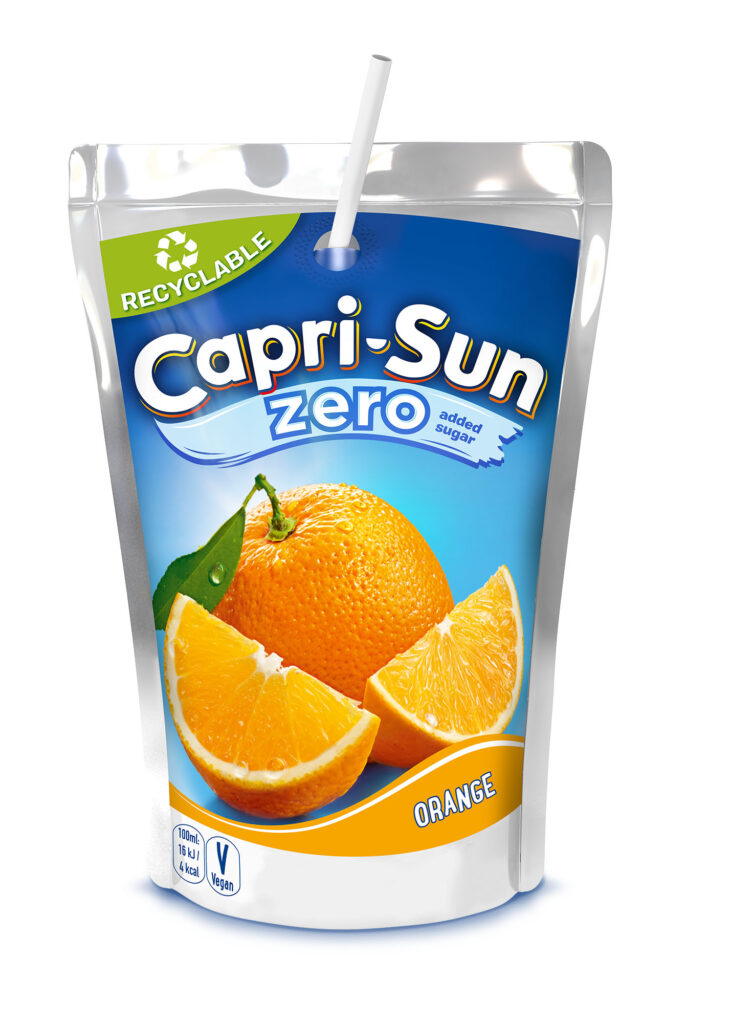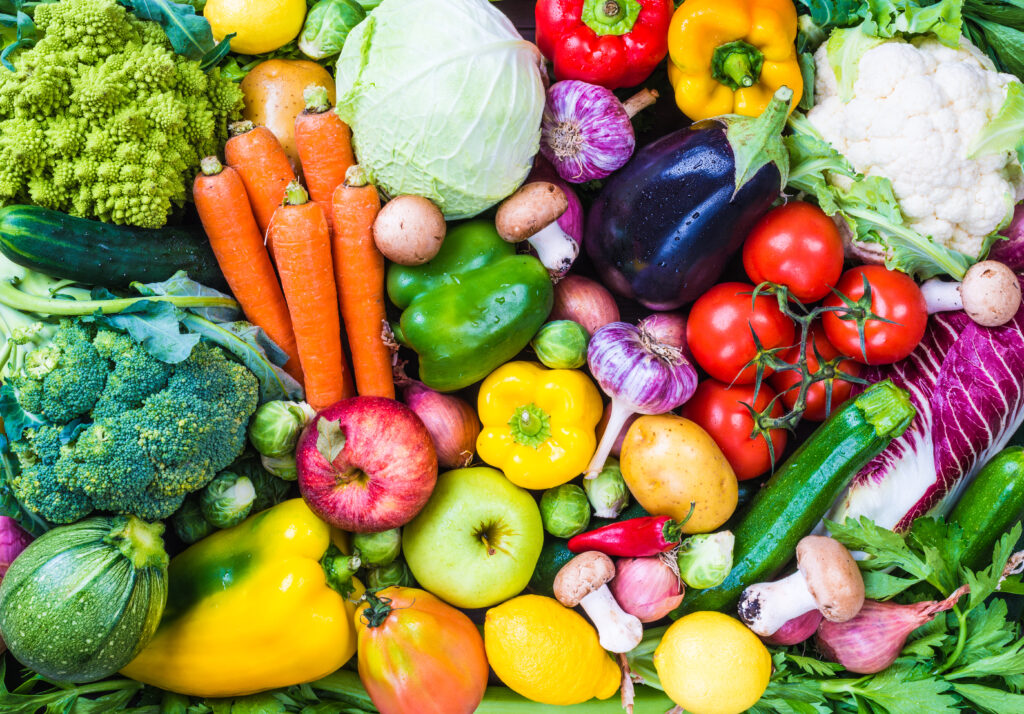According to the company, the commitment will aim to ensure that by 2025 all plastic packaging used across its product line – which includes household cleaning brands such as Domestos, Surf and Persil, cosmetics brands including Radox and Dove, and food brands including Bertolli, Walls and Marmite – will be recyclable.

Unilever added that the commitment will see it use plastic for which there are ‘established, proven examples’ of the material being commercially viable for use by plastics reprocessors to recycle the material. The pledge is aimed at reducing the amount of packaging waste that ends up in the world’s oceans.
The Anglo-Dutch company has already committed to using at least 25% recycled plastic content in its packaging by 2025 as part of its Sustainable Living Plan – which was adopted in 2010. The company also has an aim to reduce the weight of the packaging it uses by one third by 2020.
Packaging
Paul Polman, chief executive of Unilever, said: “Our plastic packaging plays a critical role in making our products appealing, safe and enjoyable for our consumers. Yet it is clear that if we want to continue to reap the benefits of this versatile material, we need to do much more as an industry to help ensure it is managed responsibly and efficiently post consumer-use.
“To address the challenge of ocean plastic waste we need to work on systemic solutions – ones which stop plastics entering our waterways in the first place. We hope these commitments will encourage others in the industry to make collective progress towards ensuring that all of our plastic packaging is fully recyclable and recycled.
“We also need to work in partnership with governments and other stakeholders to support the development and scaling up of collection and reprocessing infrastructure which is so critical in the transition towards a circular economy. Ultimately, we want all of the industry’s plastic packaging to be fully circular.”
Unilever has yet to outline full details as to how it will reach the recyclability goal including, and has stopped short of committing to a single plastic polymer type, as retailer Marks & Spencer recently revealed it is exploring in a bid to boost the recyclability of its plastic packaging (see letsrecycle.com story).
Recoup
Commenting on the announcement, Stuart Foster, chief executive of the plastics recycling organisation Recoup, said: “The importance of recycling and resource efficiency in achieving circular economy goals for packaging should leave us in no doubt that there must be change. In our role as plastic value chain co-ordinators, Recoup has ensured that guidance on designing plastic packaging for recycling has been available and promoted for many years.
“But, there needs to be a desire from supply chains to embrace the opportunity. It is fantastic that a leading brand owner like Unilever is stepping up to the challenge. They are also ideally placed to lead innovation and development of technical solutions for the traditionally hard to recycle plastic packaging items so I look forward to seeing how this develops.”











Subscribe for free